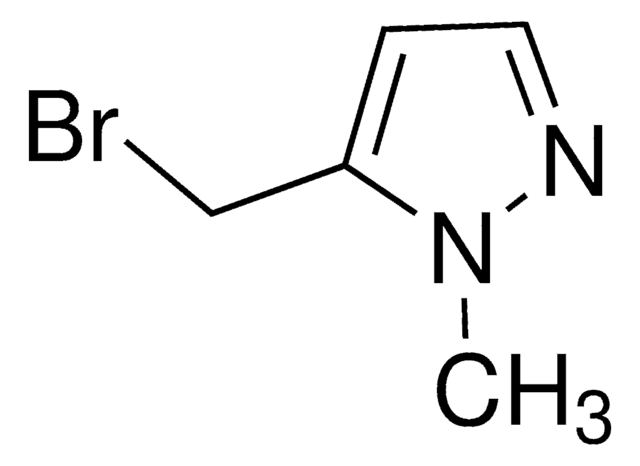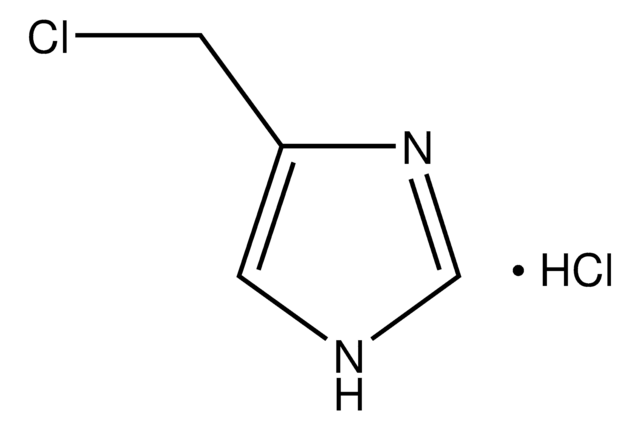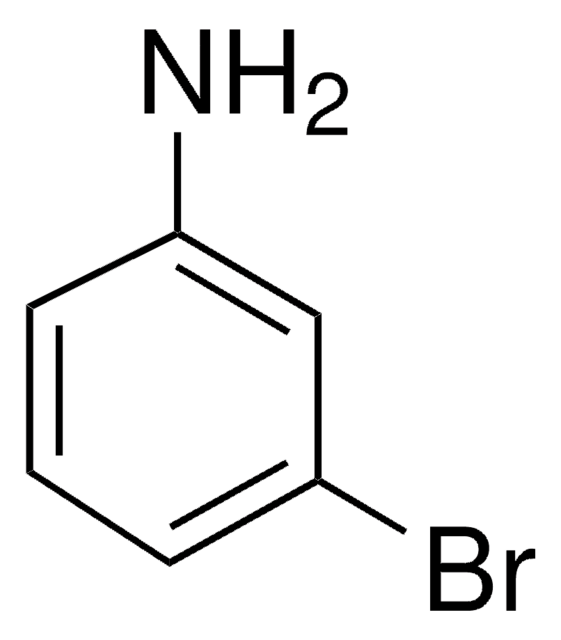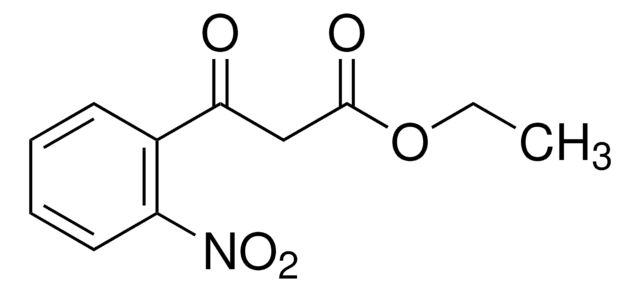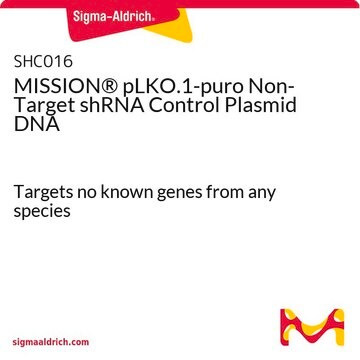推荐产品
描述
Powered by Eupheria Biotech
產品線
MISSION®
形狀
lyophilized powder
esiRNA cDNA 標靶序列
TTTACCTTCCAGCAGCCCTACGACCAGGCCCACCTGCTGGCAGCCATCCCACCTCCGGAGATCCTCAACCCCACCGCCTCGCTGCCAATGCTCATCTGGGACTCTGTCCTGGCGCCCCAAGCCCAGCCAATTGCCTGGGCCTCCCTTCGGCTCCAGGAGAGTCCCAGGGTGGCAGAGCTGACCTCCCTGTCAGATGAGGACAGTGGGAAAGGCTCCCAGCCCCCCAGCCCACCCTCACCGGCTCCTTCGTCCTTCTCCTCTACTTCAGTCTCTTCCTTGGAGGCCGAGGCCTATGCTGCCTTCCCAGGCTTGGGCCAAGTGCCCAAGCAGCTGGCCCAGCTCTCTGAGGCCAAGGATCTCCAGGCTCGAAAGGCCTTCAACTGCAAATACTGCAACAAGGAATACCTCAGCCTGG
Ensembl | 人類登錄號
NCBI登錄號
運輸包裝
ambient
儲存溫度
−20°C
基因資訊
human ... SNAI1(6615) , SNAI1(6615)
相关类别
一般說明
MISSION® esiRNA are endoribonuclease prepared siRNA. They are a heterogeneous mixture of siRNA that all target the same mRNA sequence. These multiple silencing triggers lead to highly-specific and effective gene silencing.
For additional details as well as to view all available esiRNA options, please visit SigmaAldrich.com/esiRNA.
For additional details as well as to view all available esiRNA options, please visit SigmaAldrich.com/esiRNA.
法律資訊
MISSION is a registered trademark of Merck KGaA, Darmstadt, Germany
儲存類別代碼
10 - Combustible liquids
閃點(°F)
Not applicable
閃點(°C)
Not applicable
Hong Li et al.
Theranostics, 9(7), 1909-1922 (2019-05-01)
Rationale: Glioblastoma (GBM) is the most common and aggressive brain tumor, characterized by its propensity to invade the surrounding brain parenchyma. The effect of extracellular high-mobility group box 1 (HMGB1) protein on glioblastoma (GBM) progression is still controversial. p62 is
Dong Yeon Kim et al.
Oncotarget, 8(63), 106190-106205 (2018-01-02)
Renal tubulointerstitial fibrosis is an important event in the pathogenesis of diabetic nephropathy. Under pathologic conditions, renal tubular epithelial cells undergo transition characterized by loss of cell-cell adhesion and increased cell migration. This study investigated that eucalyptol inhibited tubular epithelial
Elsa M Reyes-Reyes et al.
Oncotarget, 8(61), 103828-103842 (2017-12-22)
Although several lines of evidence have established the central role of epithelial-to-mesenchymal-transition (EMT) in malignant progression of non-small cell lung cancers (NSCLCs), the molecular events connecting EMT to malignancy remain poorly understood. This study presents evidence that Long Interspersed Nuclear
Patrycja Przygodzka et al.
Scientific reports, 9(1), 2165-2165 (2019-02-17)
Epithelial-to-mesenchymal transition (EMT) in cancer cells, represents early stages of metastasis and is a promising target in colorectal cancer (CRC) therapy. There have been many attempts to identify markers and key pathways induced throughout EMT but the process is complex
Binbin Zhang et al.
Oncology letters, 16(4), 5075-5083 (2018-09-27)
Human laryngeal squamous cell carcinoma (LSCC) is a malignant cancer type. Epithelial-mesenchymal transition marker Snail family transcriptional repressor 1 (SNAI1) is associated with the occurrence, development, invasion and metastasis of numerous tumor types, such as lung, liver and ovarian cancer.
我们的科学家团队拥有各种研究领域经验,包括生命科学、材料科学、化学合成、色谱、分析及许多其他领域.
联系技术服务部门